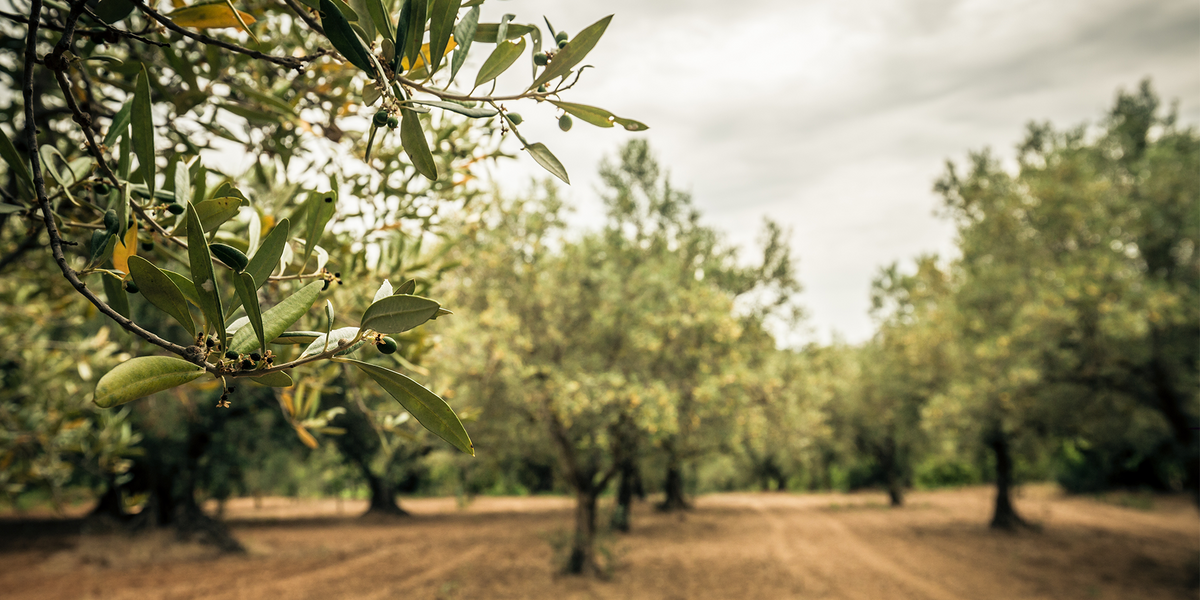Nazha Habib Srouji was a very interesting woman. She was devoted to her father and took care of him after he had a stroke, was a great story teller, especially tales from the Palestinian folklore, and her reputation as a very active woman was still talked about even in the 1970s, decades after she passed away.
She is mentioned in the Biography of the Palestinian author Najwa Kawwar Farah ( See original excerpt below) along with her father Habib Mousa Srouji and her brother Kaisar (Gregorius) Srouji, whereby she writes in the following in her memoir:
” … my maternal grandmother’s name is Wardeh Srouji, a known Greek Melkite Catholic family, and her brother Habib Srouji was a historian and a notable who had two sons and three girls. The elder was Kaisar and the second was called Mousa. Kaisar answered the call to priesthood, and was a beloved, smart, and active priest. My mother recalls that he was handsome, with a majestic aspect, and a source of pride for the family. He was selected to be the priest of Shafaamre, near Nazareth. An altercation happened between the Moroccan (refugees) who lived in Shafaamre and the Christians. Fires were shot in the olive groves and Kaisar was shot dead. It was a terrible accident. My mother talks about the sadness of the family, constant wailing and heartbreak overt the priest’s death, who if he was given a longer life would have been a great benefactor to the church and community, due to his many talents, a source of joy and pride to his parents“
“As for the daughters of Habib Srouji, two of them were married and his daughter Nazha Srouji remained single who served her father who had a stroke and was bedridden, totally dependent on his dedicated daughter who took care of him loyally. I remember my mom used to visit them (her maternal uncle and his daughter Nazha). She once took me with her, and I felt a strong dreariness, as I was very young maybe 5 years old, and I recall the man laying in bed, with the room full of shelves with book and magazines, and an old smell emanating from the room probably from the papers and magazines. As for Nazha, my mom used to visit her after her father’s death. This atmosphere continued to affect me , the house with its spacious garden in the middle, its isolation due to the high walls surrounding it conveyed a sense of loneliness. I wrote about my mom’s maternal cousin, Nazha Srouji, in more details in the introduction to my book of folk tales that I heard from her.” [ Stories of Grandmothers – see below] The photo in the below file is of Wardeh Mousa Jeries Srouji, and Habib Mousa Srouji’s sister
In her book “Stories from our Grandmothers” , the author Najwa Kawwar Farah, used the pseudonym Wardeh for Nazha Habib Srouji, thus using her maternal grandmother’s name instead. She writes the following about “wardeh”:
” Wardeh the storyteller and her mythical worlds:
The one I will call Wardeh was from the western neighborhood of Nazareth and belonged to the Greek Melkite Catholic community, and was related to me through my mother as she was her maternal cousin. I used to visit her often with my mother at her home, where she lived alone after her father’s death, in the family home, which is an old large house.
I recall I used to go to her house with mixed feelings. The house held awe in my heart since my childhood. It was composed of multiple vaulted ceilings surrounded by a garden in the middle, with a gloomy atmosphere, especially on Sunday afternoons. Once of these vaults was so large you can build a house on its roof, and if you wished it could be a large house on its own. The walls were high filled with pictures of all sorts: there were pictures of saints with their halos and beards, family photos, but there were also photos of beautiful ladies decorating chocolate boxes, cigarette packs and magazines. There were also pictures of queens and Czars, particularly the Czar of Russia, all were hung in rows , and in a strange sequential arrangement, creating various feelings and impressions on you, especially if you were under ten years of age.
Wardeh had many acquaintances and friends from all the neighborhoods s and communities of town. She was also as great story teller who can transport in a flash into mythical worlds resembling her house and garden. This garden must be talked about, which stood in the middle of the house, and was divided into basins where pots were placed and divided between trees and legumes. Surrounding all this, i.e. the garden and house, was a high wall resembling those of convents, which was probably the reason for my awe and gloom during childhood, since the wall separates you from life and the living
Wardeh (Nazha) used to visit and stay with us sometimes, as my mom would seek her help as she trusted he especially when we were sick or ill. She was the first one that told me the story of “The Sultan’s daughter” and other stories like ” The seller of advice”
These stories were important in the women’s circles to entice women to be diligent and to manage following the popular saying “Behind every great man is a great woman” ”
نزهة حبيب سروجي كانت شخصية مميزة. كانت نزهة مخلصة لوالدها واعتنت به بعد ان اصابه الفالج، وكانت تعد حكواتية وبالذات قصص من التراث الفلسطيني . كانت سُمعتها كإمرأة نشيطة ما تزال تتداول حتى سنوات السبعين من القرن الماضي، عقوداً بعد وفاتها
ذكرت الكاتبة نجوى قعوار فرح عائلة حبيب موسى جريس سروجي ، وبالاخص حبيب نفسه وابنه قيصر (غريغوريوس) وابنته نزهة حبيب سروجي في كتابين. الاول كتاب تاريخ حياتها وكان صباح وكان مساء وكذلك في كتاب الحكايات الشعبية الفلسطينية الشامية حكايات الجدات حيث كانت نزهة احدى المصادر لهذه الحكايات التي وثقتها الكاتبة . النص ادناه مأخوذ من بعض صفحات الكتاب الاول وصفحة واحدة من الكتاب الثاني . الصورة الموجودة في الملف ادناه هي لوردة موسى يوسف جريس سروجي، اي اخت حبيب
-
Place of Birth
Nazareth
-
Place of Death
Nazareth


